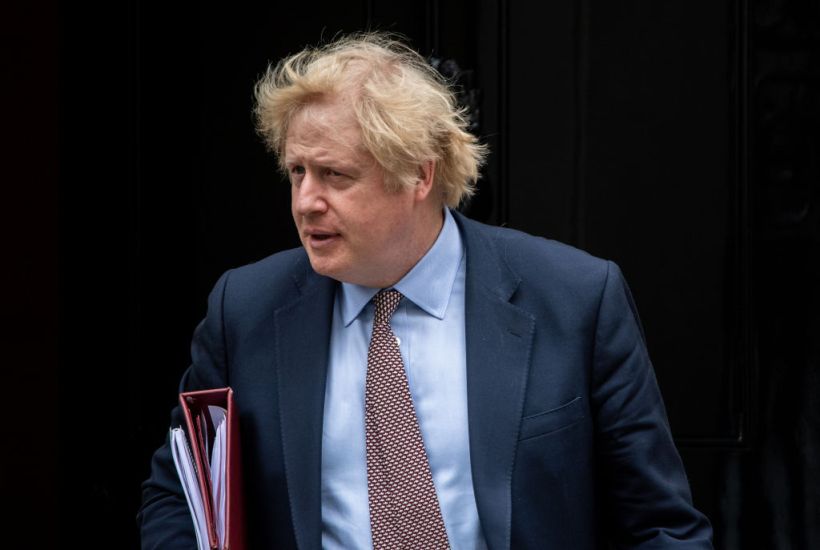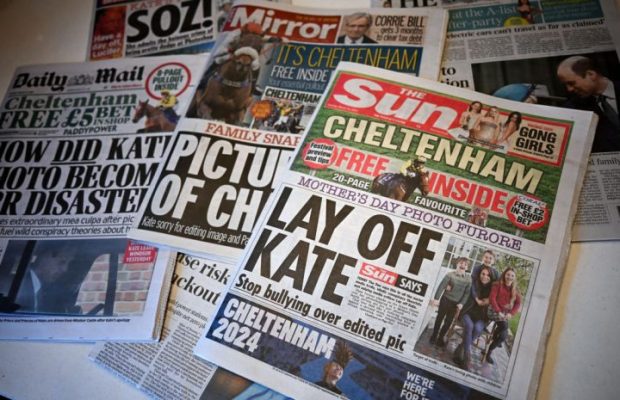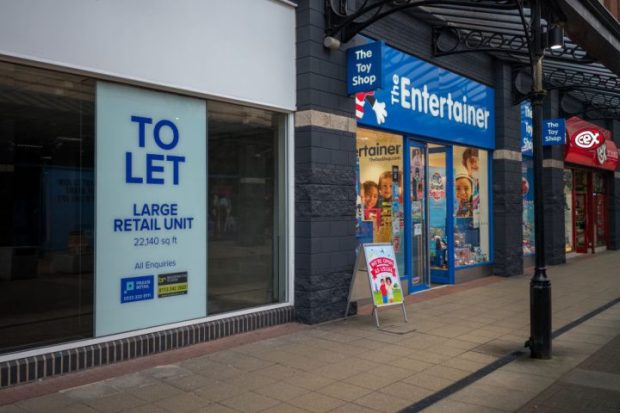In the run up to December’s election, many on the Left and in the media sought to present Boris Johnson as a ‘Far Right’ politician.
His support for Brexit was the foundation stone of this absurd mischaracterisation, built on fragments of his quotes ripped from their wider settings in old newspaper columns he had written and his passing physical resemblance to Donald Trump.
In his dogged pursuit of the mainstream cause of Brexit, the PM retains a capacity to do things that turn the modern British establishment into a rolling Bateman cartoon. But as he has shown by his choices on economic issues, such as public spending, and social ones, such as the level of future immigration from Hong Kong, Boris is no natural right-winger.
When a PM’s views on most matters sit him somewhere in the middle of public opinion – what Sir Keith Joseph termed ‘the common ground’ – this is all well and good. But sometimes giant issues come along that do not lend themselves to that staple technique of One Nation Tories of seeking compromise with the aggrieved and offering sufficient concessions to restore stability. And Boris Johnson has just run smack into one with the recent Black Lives Matter protests.
His instincts have been to seek to appease the protestors: to allow the demonstrations to make a mockery of social distancing requirements; to go along with the notion of a softly-softly police response that does not protect cherished national monuments from desecration; to look the other way when police officers kneel before protestors.
Many of his political lieutenants have followed his lead, with London Mayoral candidate Shaun Bailey praising police officers who ‘took a knee’ (and later a beating) and junior business minister Nadhim Zahawi declaring that there should no longer be statues on display of any figure linked to the slave trade, and proposing public votes on taking them down.
Do these political welterweights not realise that nothing will ever be enough to quell the demands of those on the extreme fringes of the protests? We have already seen that once the statue of slave trader Edward Colston was toppled, Gone with the Wind, Little Britain and William Gladstone have followed. Ditch Francis Drake is next on the activists’ agenda, and then it will roll its tanks on towards Churchill at one end of Whitehall and Nelson at the other.
Meanwhile Boris Johnson prepared a video statement for the Voice newspaper in which he absurdly suggested that the thugs who attacked the police and property should face the full force of the law, in part because they had harmed ‘the cause’. This is junk thinking. Prosecution should follow if serious crimes have been committed. In feeling he needed to concoct a sympathetic ideological argument for it, the Prime Minister was in fact patronising that large majority of law-abiding black people.
Prime Ministers rarely get to decide in advance what will be the great issues that define their premierships. David Cameron wanted to ‘let sunshine win the day’ but ended up imposing seven years of austerity and being undone by Brexit. Tony Blair probably didn’t envisage Iraq squatting upon his legacy like some immovable toad. Margaret Thatcher identified her prime targets in advance – the Soviet bloc and excessive trade union power – but even she had to take a circuitous route via the Falkland Islands.
Boris Johnson needs to understand that this issue may come to define his term. Many of those on the far-left who are currently protesting do not seek compromise, and insist upon the dismantling of the economic, political and criminal justice systems, and claim that Britain is in the grip of a regime that systematically oppresses black people.
In the face of such an opponent, Boris must relentlessly advance an alternative narrative. Because the vast majority of the public are devoted to our island story, its heroes and monuments, and have a profound understanding that we are in large part a decent country, an alternative narrative is simply bound to emerge and become very popular. It is, indeed, already the common ground.
The pertinent question is whether Johnson or any other Tory will be its figurehead and political beneficiary or whether something and someone more sharply populist will emerge to do the job.
The story the Government now needs to tell is the upbeat one that Britain is indeed a great country – as Kemi Badenoch observed, one of the best in the world in which to be black – where almost anyone can succeed and fulfil their potential given sufficient personal dedication and talent. The Government’s mission should be to further open-up avenues of opportunity to those from all kinds of less privileged backgrounds, but never to seek to erase our history or heritage.
Tory politicians also need to address with far more courage the argument that often the things that hold back young people from some minority backgrounds are to do with practices and beliefs upheld within their own communities, rather than imposed from outside.
Anti-racism has become a near universal British value. The vast majority of us wish to continue to prove Enoch Powell wrong by showing that a contented, fast maturing, multi-racial society can enrich all our lives. It is only Leftist cultural militants who seek to prove him right. They must be defeated. But to beat them will require Thatcheresque levels of ideological intensity and resilience.
It might not be what Johnson wanted for his premiership but winning this culture war is now a key part of his political mission, should he choose to accept it. And if he chooses not to, it will not be very long before his hand is forced.
Got something to add? Join the discussion and comment below.
Get 10 issues for just $10
Subscribe to The Spectator Australia today for the next 10 magazine issues, plus full online access, for just $10.



















Comments
Don't miss out
Join the conversation with other Spectator Australia readers. Subscribe to leave a comment.
SUBSCRIBEAlready a subscriber? Log in